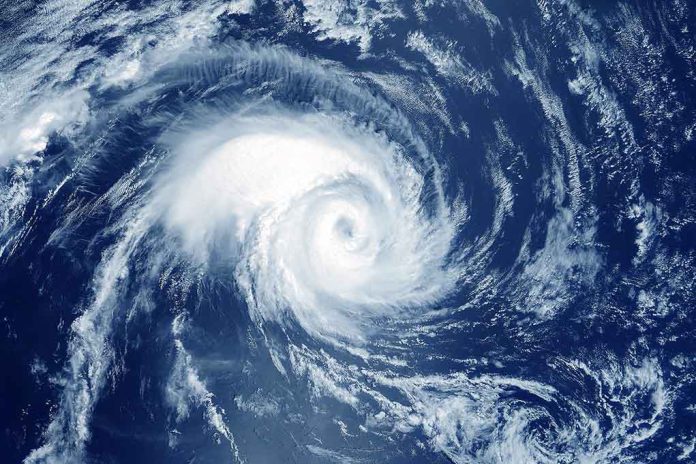
Federal disaster relief workers face new challenges as misinformation riddles the aftermath of Hurricanes Helene and Milton.
At a Glance
- FEMA’s rumor response page combats misinformation about their operations.
- Authorities address threats against disaster relief personnel.
- Misleading claims have been propagated by prominent public figures.
- Misinformation threatens effective disaster recovery efforts.
FEMA’s Stand Against Misinformation
The Federal Emergency Management Agency (FEMA) has launched a dedicated “rumor response” page to help debunk false information about its disaster relief operations, especially in the wake of Hurricanes Helene and Milton. This initiative is crucial in ensuring people have access to accurate details about how they can receive assistance, such as understanding that aid is determined through an application process and not all survivors will receive a flat payment.
Misinformation can severely undermine the efforts of FEMA and other agencies, as Deanne Criswell, the agency’s administrator, noted that these false narratives are “demoralizing” for aid workers and create fear among those needing help. Rumors stating that FEMA controls storm debris removal or confiscates donations have been categorically denied.
Legal Action Against Threats
In response to the rise in attacks fueled by misinformation, Homeland Security Secretary Alejandro Mayorkas and Attorney General Merrick Garland have underscored their commitment to protect disaster relief professionals. Legal actions are being considered against those who threaten federal workers, reflecting the gravity of the situation. The spread of deceitful stories by significant figures like former President Trump has compounded these dangers, prompting serious measures to safeguard relief workers.
“We’ve had the local officials helping to push back on this dangerous — truly dangerous narrative that is creating this fear of trying to reach out and help us or to register for help,” per Deanne Criswell.
Attorney General Garland emphasizes the disturbing trend of escalating threats driven by falsehoods. This legal stance mirrors the proactive approach necessary to ensure relief operations proceed without intimidation or hindrance.
Impact of Misinformation on Public Trust
Misinformation does not only jeopardize the safety of FEMA workers but also undermines public trust, critical during disaster recovery. False claims, such as those suggesting FEMA provides insufficient aid or mishandles funds, can deter individuals from seeking necessary assistance. Such narratives are not only misleading but can impede the overall efficiency of disaster response initiatives. Authorities continue to push back strongly against these falsehoods by ensuring the public receives clear, accurate information.
“It’s just really unfortunate that [people] continue to try to create this level of fear in these communities that is impeding our ability to do our job at the level that we need to do it, but we’re not going to let it deter us.”
The firm stand against misinformation is part of a broader effort to safeguard the integrity of relief operations and ensure that communities receive the aid they deserve without unnecessary obstacles created by misconceptions.







